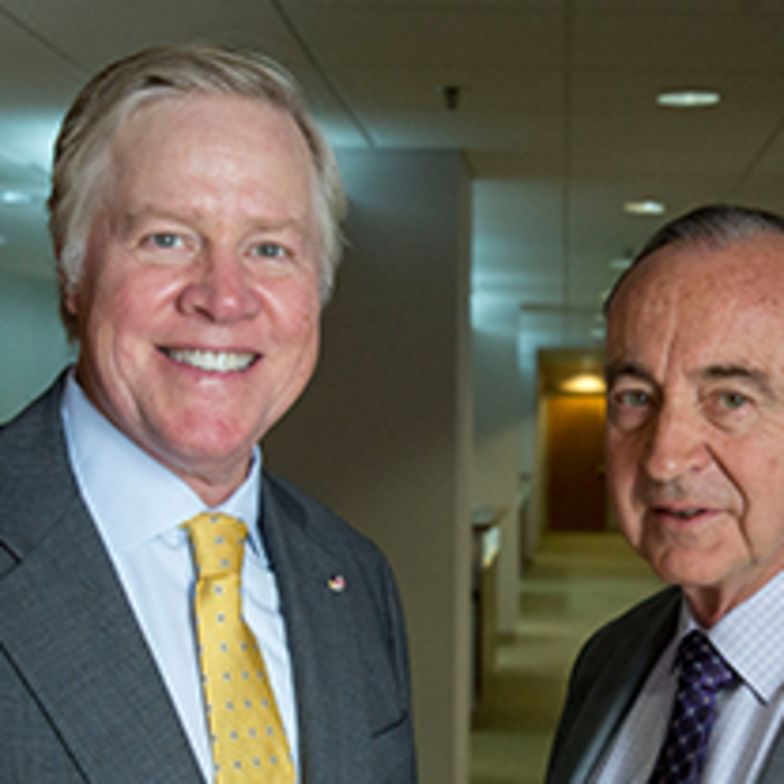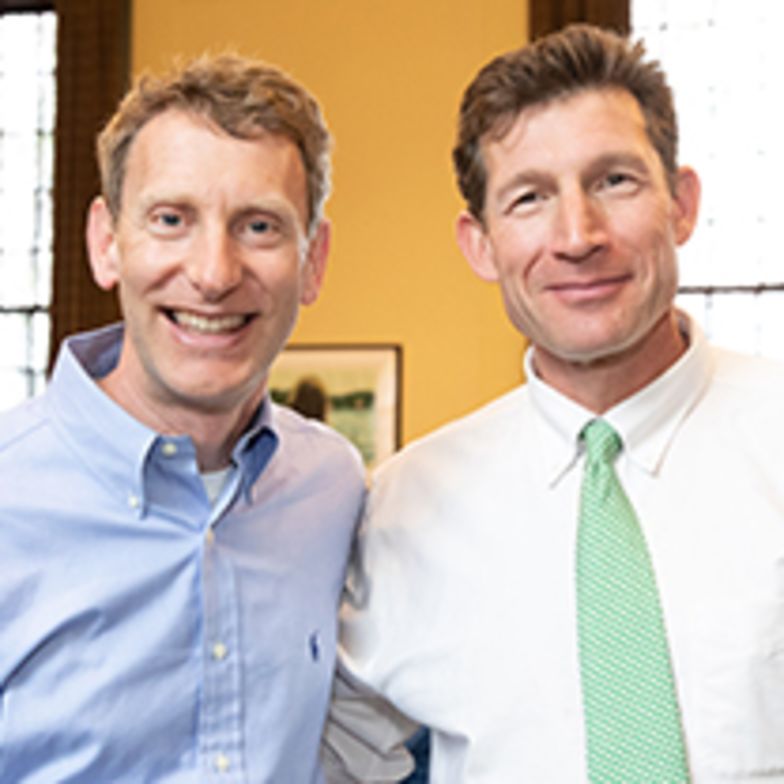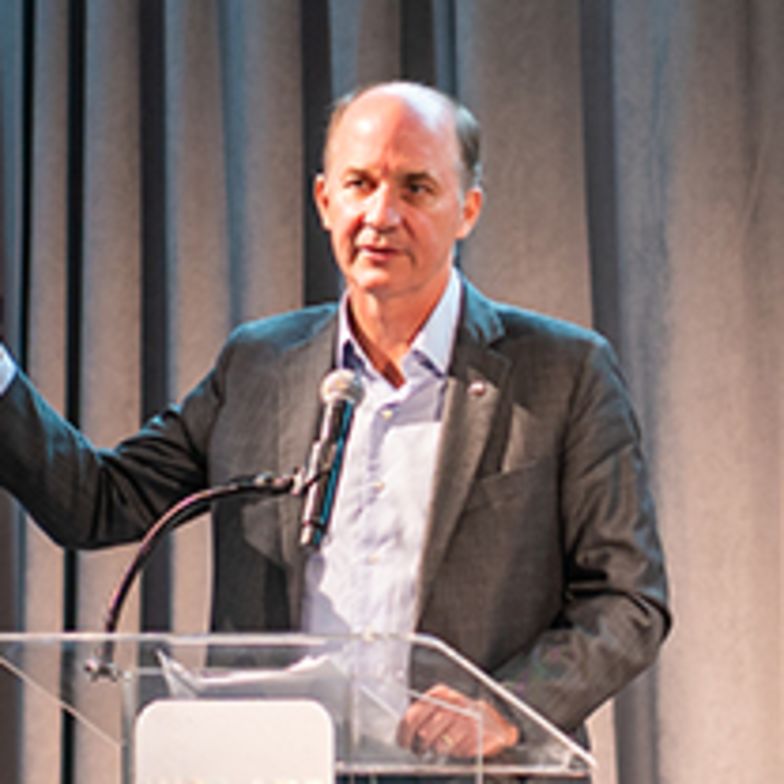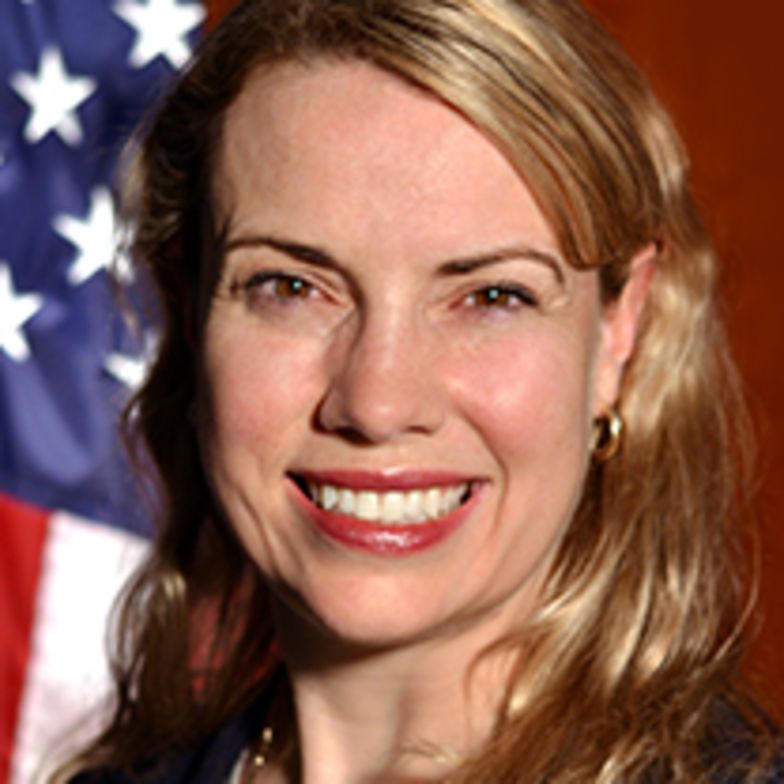Confronting Climate Change
Policy
Policy
For much of the last 50 years, powerful segments of the business community have opposed government action on climate change. The fossil fuel industry in particular, seeing regulation of CO2 as a threat to its profits, undertook a concerted campaign in the U.S. to sow doubt about the scientific underpinnings of climate change concerns. More recently, some companies—including in the energy and automotive sectors—have begun advocating for government policies to address climate change.
1960s
Internal memos document that the U.S. fossil fuel industry has known since the 1960s that their products “were almost certain” to cause dramatic changes to the Earth’s climate.
“Significant temperature changes are almost certain to occur by the year 2000…a number of events might be expected to occur, including the melting of the Antarctic ice cap, a rise in sea levels, warming of the oceans…”

“Significant temperature changes are almost certain to occur by the year 2000…a number of events might be expected to occur, including the melting of the Antarctic ice cap, a rise in sea levels, warming of the oceans…”
1970s - 1980s
In a 1978 presentation to Exxon executives and scientists, James Black of Exxon’s Products Research Division attributed rising CO2 levels to fossil fuel combustion and warned that “doubling C02 could increase average global temperature 1°C to 3°C by 2050 A.D.” [11] Exxon’s temperature warning estimate and other industry estimates from that time align precisely with what the IPCC now expects will happen. [12]
Internal industry documents from the 1980s again reached the same conclusion. Exxon’s 1982 estimate of rising C02 and temperatures match actual measurements today.
1990s
In an attempt to prevent regulation, the fossil fuel industry initiated marketing campaigns in the 1990s to, in their words, “reposition global warming as theory (not fact).” [13]
“Victory will be achieved when average citizens understand (recognize) uncertainties in climate science…”

“Victory will be achieved when average citizens understand (recognize) uncertainties in climate science…”
Today
Perhaps as a result of U.S. industry disinformation campaigns, more Americans doubt the connection between human activity and climate change than do people in many other countries. Even today, as climate change becomes apparent just as scientists predicted, 22% of Americans disagree with the statement “The climate change we’re seeing is largely the result of human activity.” [15]
Despite these disinformation campaigns, large majorities of Americans across the political spectrum currently support policies to address climate change according to a 2019 survey by Yale and George Mason University:
While the U.S. federal government has not yet caught up with shifts in public opinion, many other countries and some U.S. states and cities are advancing policies to achieve net zero emissions of GHG emissions by mid-century—France, Great Britain, Sweden, California, Hawaii, and New York City to name a few.
Innovation
Increasingly, business leaders from many sectors are taking action to reduce greenhouse gas emissions in their operations and supply chains—and some are going further to urge policymakers to enact laws to require greenhouse gas reductions across the economy.
Business networks confronting climate change

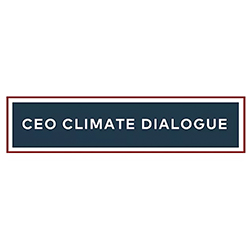

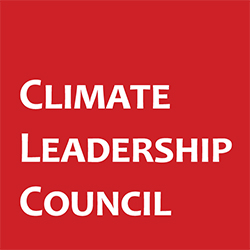
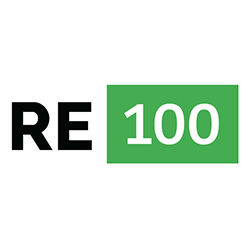


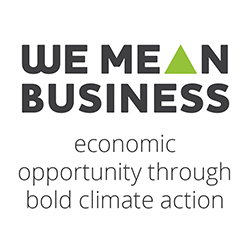
Spotlights

Rebecca Henderson

Bill Eacho & Walt Minnick

Michael Toffel & Auden Schendler

Carter Roberts

Angela Amos

Heather Henriksen

Robert Stavins

Judith Fletcher Judson

Dan Abbasi
-
- E. Robinson, R.C. Robbins. “Sources, abundance, and fate of atmospheric pollutants,” Stanford Research Institute, 1968. Produced for American Petroleum Institute (API). Document posted by Center for International Environmental Law.
-
- James Black, “The Greenhouse Effect (pdf),” Exxon, June 6, 1978.
-
- “Special Report: Global Warming of 1.5° C,” Intergovernmental Panel on Climate Change (IPCC), 2018, accessed October 8, 2019.
-
- “Strategies (pdf),” Information Council for the Environment (ICE), 1991. Cited in “The Climate Deception Dossiers,” Union of Concerned Scientists, July 2015, p. 41.
-
- “The American Petroleum Institute’s 1998 Memo Presents a Roadmap for Climate Deception,” American Petroleum Institute (API), 1998. Cited in “The Climate Deception Dossiers (pdf),” Union of Concerned Scientists, July 2015. See Figure 4 p. 10.
-
- “Climate Change as a Result of Human Activity,” Ipsos Global Trends, 2016, accessed September 11, 2019.
-
- Anthony Leiserowitz, Edward Maibach, Seth Rosenthal, et al., “Politics & Global Warming (pdf),” Yale University Program on Climate Change Communication and George Mason University Center for Climate Change Communication, April 2019.
-
- Auden Schendler, Michael Toffel, “The Factor Environmental Ratings Miss,” MIT Sloan Management Review 53, no. 1: 17-18, Fall 2011.





